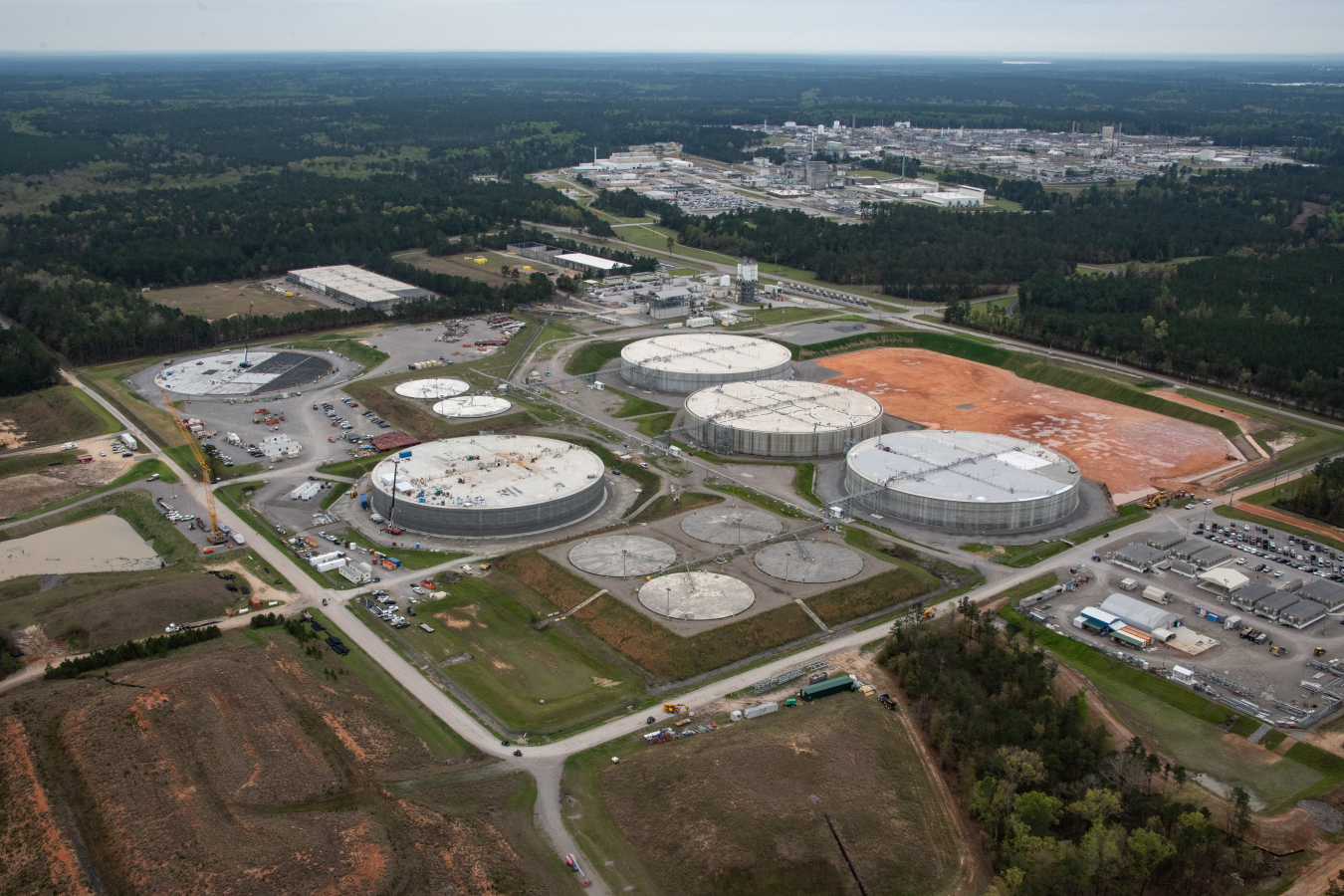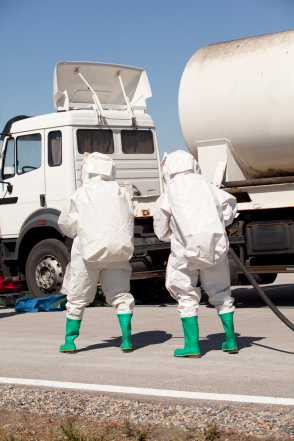Leading Liquid Waste Disposal Melbourne: Trusted Providers for Appropriate Waste Management
Leading Liquid Waste Disposal Melbourne: Trusted Providers for Appropriate Waste Management
Blog Article
Exactly How Liquid Garbage Disposal Works: A Thorough Review of Strategies and Technologies Utilized

Introduction of Fluid Waste Types
The complexity of liquid waste types necessitates a detailed understanding of their features and implications for disposal. Fluid waste can generally be categorized into several types, consisting of industrial, local, agricultural, and contaminated materials. Each group shows distinct buildings, needing particular management approaches to alleviate ecological and health dangers.
Industrial liquid waste originates from making procedures and usually consists of a variety of impurities, such as hefty steels, solvents, and organic substances. Community fluid waste, mainly making up wastewater from houses and industrial establishments, has raw material, nutrients, and pathogens (industrial wastewater treatment). Agricultural liquid waste, including overflow from ranches, may consist of plant foods, pesticides, and pet waste, posing risks to water quality and ecosystems
Hazardous liquid waste is characterized by its toxicity, reactivity, or possible to trigger harm. Recognizing these varied liquid waste types is crucial for establishing efficient disposal methods and ensuring conformity with environmental regulations.
Physical Therapy Techniques

Testing is the preliminary action, where larger bits and debris are eliminated from the liquid waste making use of displays or grates. In sedimentation storage tanks, much heavier fragments settle at the base, developing a sludge layer, while the made clear fluid can be further treated.
Filtering is another necessary approach that includes passing the fluid via permeable products, such as sand or membranes, to record smaller sized fragments. This step boosts the high quality of the fluid, making it ideal for subsequent therapy procedures.

Chemical Therapy Techniques
Chemical treatment methods are crucial for effectively managing fluid waste, especially in attending to liquified and colloidal contaminants that physical techniques might not effectively get rid of. These strategies make use of numerous chemical representatives to counteract, precipitate, or change unsafe substances into less harmful types.
One typical method is coagulation and flocculation, where chemicals such as alum or ferric chloride are included in advertise the gathering of put on hold particles. This process improves sedimentation, enabling much easier elimination of the resulting sludge. Additionally, oxidation processes, using representatives like chlorine or ozone, are employed to break down intricate natural compounds and virus, making the waste more secure for discharge or additional treatment.
Neutralization is one more crucial technique, which adjusts the pH of acidic or alkaline waste streams to neutral levels, preventing potential damage to downstream systems and the atmosphere. Moreover, progressed oxidation procedures (AOPs) utilize mixes of oxidants and ultraviolet light to degrade persistent contaminants, attaining a higher degree of therapy performance.
Biological Treatment Procedures
Organic treatment processes play a vital role in the management of fluid waste by using microorganisms to decay natural issue and lower pollutant degrees. These procedures can be generally classified right into aerobic and anaerobic treatments, each employing particular microbial neighborhoods to attain look at this site efficient waste destruction.
Cardiovascular treatment entails using oxygen to help with the breakdown of natural products by bacteria. This process is commonly executed in activated here are the findings sludge systems, where oygenation containers supply a favorable setting for microbial development, causing the oxidation of natural pollutants. The resultant biomass can be divided from treated effluent through sedimentation.
In comparison, anaerobic treatment takes place in the lack of oxygen, depending on different bacteria to damage down raw material. This method is specifically helpful for high-strength waste, as it generates biogas, a renewable energy source, while decreasing sludge production. Technologies such as anaerobic digesters are regularly employed in commercial and local applications.
Both anaerobic and aerobic organic therapies not just reduce the ecological influence of liquid waste however likewise assist in resource recuperation, making them crucial elements of sustainable waste monitoring methods. Their performance, adaptability, and efficiency sustain their extensive application throughout numerous industries.
Emerging Technologies in Disposal
Innovative methods to fluid waste disposal are swiftly progressing, driven by developments in innovation and an enhancing emphasis on sustainability. Amongst these arising modern technologies, membrane layer bioreactors (MBRs) have actually gained grip for their capacity to integrate organic therapy with membrane purification, leading to top notch effluent that can be reused in numerous applications. MBRs make it possible for smaller footprints and much more effective operations compared to conventional systems.
An additional encouraging development is the use of anaerobic digestion combined with nutrient recuperation innovations, which not just treats liquid waste however additionally generates biogas and recoups important nutrients like nitrogen and phosphorus. This twin advantage improves source efficiency and lowers ecological influence.
In addition, progressed oxidation procedures (AOPs) are being taken on for the degradation of complex natural pollutants. These techniques make use of effective oxidants and drivers to break down impurities at the molecular degree, using a highly reliable solution for tough waste streams.
In addition, the combination of synthetic knowledge and machine learning in waste monitoring systems is maximizing functional effectiveness and anticipating upkeep, bring about reduced costs and improved ecological compliance. These modern technologies mirror a significant shift towards more effective and lasting fluid waste disposal methods.
Verdict
In final thought, effective fluid waste disposal requires a detailed understanding of various strategies and innovations. By constantly advancing these browse around this web-site approaches, it becomes feasible to deal with the expanding obstacles connected with fluid waste, ultimately adding to environmental protection and resource recovery.
Liquid waste disposal is a crucial element of ecological monitoring, requiring an extensive understanding of different methods and innovations customized to various waste kinds. Liquid waste can broadly be categorized into several kinds, including commercial, community, agricultural, and harmful waste. Agricultural fluid waste, including runoff from farms, might consist of plant foods, chemicals, and pet waste, posing risks to water top quality and ecosystems.
Various physical treatment approaches play a vital duty in taking care of liquid waste effectively - industrial wastewater treatment.In final thought, reliable fluid waste disposal requires a detailed understanding of various methods and innovations
Report this page